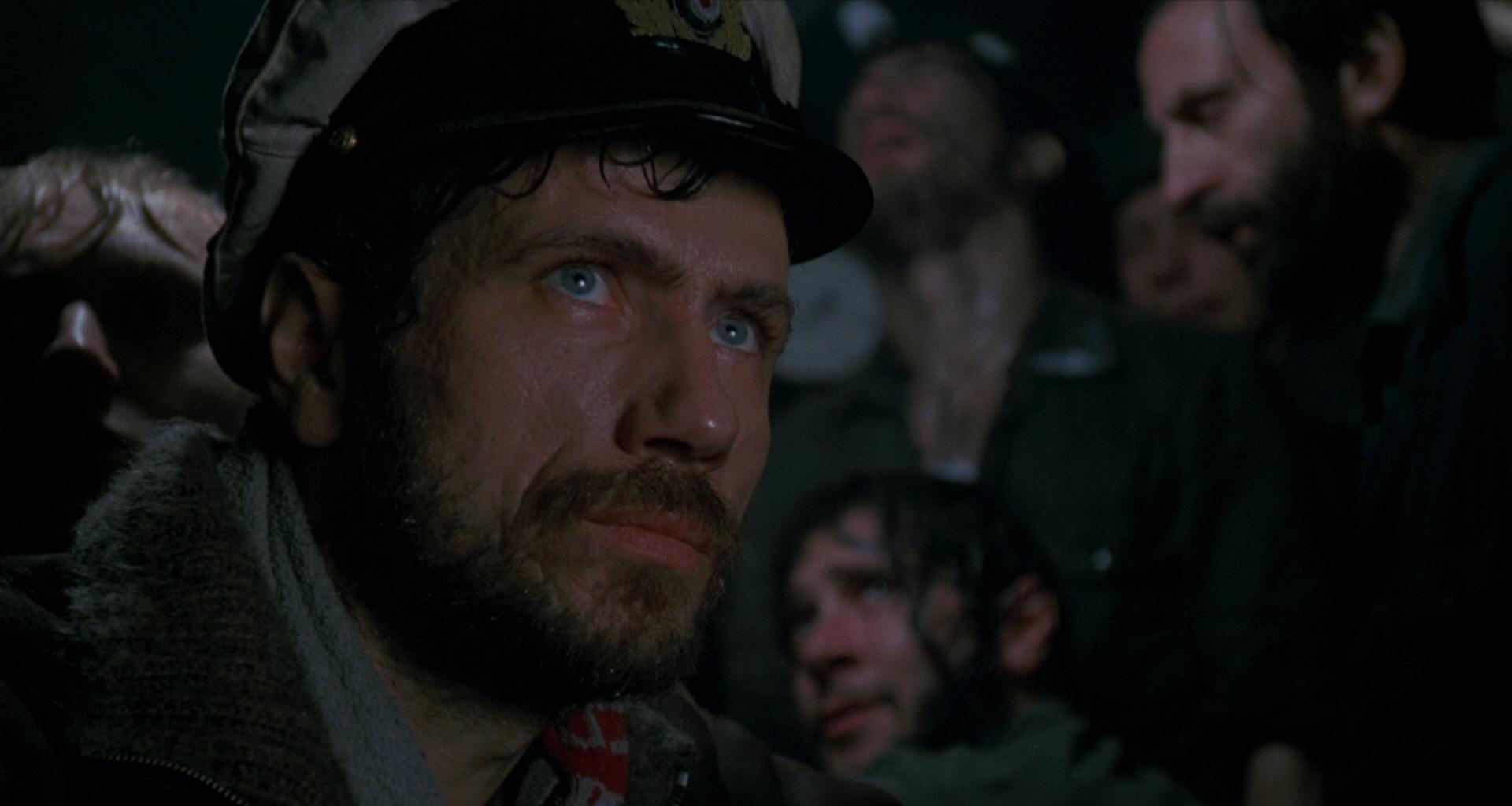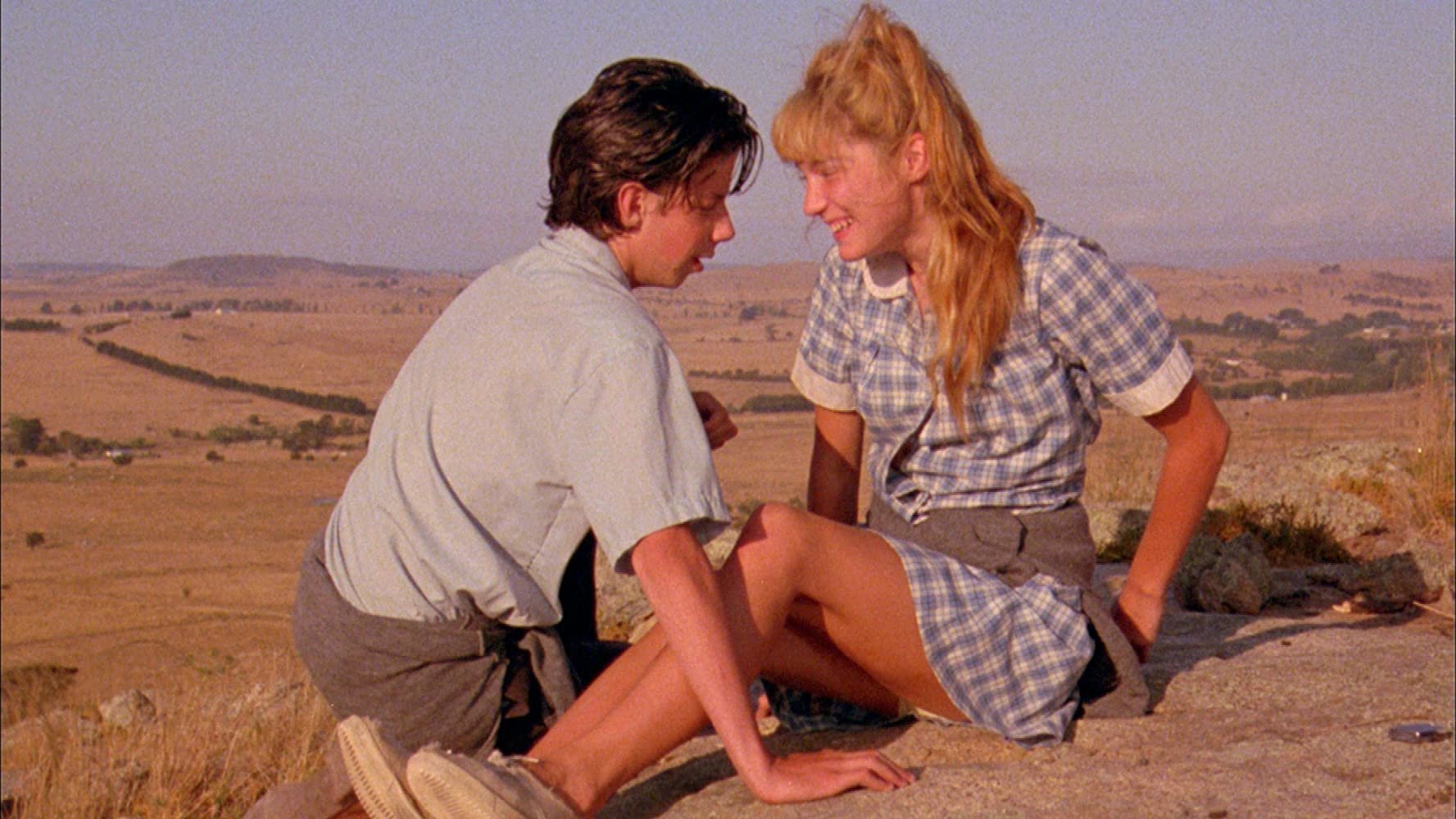Goldfinger

"I've heard of shelf tanning, but this is ridiculoush."
I haven't seen many James Bond movies and it's not because I don't like them. Since this one gets so many things right, watching more seems redundant to me. While I prefer the 2006 Casino Royale, mostly for personal reasons like it being my generation's classic James Bond movie, this one is just a heartbeat away. For one, I admire how elegantly the movie is structured. Each set piece from the Miami hotel to Switzerland to Fort Knox is memorable and distinctive, and on top of that, the rides between them are never bumpy (except on the climactic plane trip, of course). The movie transitions to each stage of the story in a way that's seamless, contrivance-free and that makes sense. Also, I doubt this movie invented some of the action movie tropes that so many other movies, TV series and video games produced since employ, but it might as well have for how well it treats them. I'm referring to the henchman/muscle/miniboss that is Harold Sakata's iconic Oddjob and the David and Goliath fight plus ticking clock grand finale, which couldn't have ended in a more James Bond-y way. By that, I mean that the series' adorably cheeky and tongue-in-cheek comedy couldn't be better here, my favorites being Bond's electrocution puns. Oh, and you know what else makes this movie work so well that doesn't seem to get enough credit? Our villain's scheme is, well...pretty darn interesting. Fleming was apparently fascinated by the gold industry - smuggling in particular - and his passion for the subject is a boon for how it makes Goldfinger's plan grounded, believable and certainly more unique than, to quote Dr. Evil in Austin Powers, "do what we always do: hijack some nuclear weapons and hold the world hostage."
Has everything in this movie, particularly how Bond treats women, aged well? Definitely not. Would I change a thing? Also definitely not. In addition to not wanting anyone, especially not myself, to whitewash history, I don't believe that even '60s audiences were expected to approve of everything 007 does. Even when he's at his most heroic, I think we're still supposed to wonder "just who the hell does this guy think he is?" Besides, how could the movie be encouraging such behavior when Bond's seduction attempts are so over the top and tinged with the kind of humor I praised earlier? To sum up, I'm happy to have watched this again, especially since it's been many years since I first watched it, and I enjoyed this viewing as much as that one if not more. Despite what I said earlier, I'm not against getting around to watching more entries in the Bond series that are also considered classics. If I never do, I won't feel that bad because I at least got to watch this one twice.

"I've heard of shelf tanning, but this is ridiculoush."
I haven't seen many James Bond movies and it's not because I don't like them. Since this one gets so many things right, watching more seems redundant to me. While I prefer the 2006 Casino Royale, mostly for personal reasons like it being my generation's classic James Bond movie, this one is just a heartbeat away. For one, I admire how elegantly the movie is structured. Each set piece from the Miami hotel to Switzerland to Fort Knox is memorable and distinctive, and on top of that, the rides between them are never bumpy (except on the climactic plane trip, of course). The movie transitions to each stage of the story in a way that's seamless, contrivance-free and that makes sense. Also, I doubt this movie invented some of the action movie tropes that so many other movies, TV series and video games produced since employ, but it might as well have for how well it treats them. I'm referring to the henchman/muscle/miniboss that is Harold Sakata's iconic Oddjob and the David and Goliath fight plus ticking clock grand finale, which couldn't have ended in a more James Bond-y way. By that, I mean that the series' adorably cheeky and tongue-in-cheek comedy couldn't be better here, my favorites being Bond's electrocution puns. Oh, and you know what else makes this movie work so well that doesn't seem to get enough credit? Our villain's scheme is, well...pretty darn interesting. Fleming was apparently fascinated by the gold industry - smuggling in particular - and his passion for the subject is a boon for how it makes Goldfinger's plan grounded, believable and certainly more unique than, to quote Dr. Evil in Austin Powers, "do what we always do: hijack some nuclear weapons and hold the world hostage."
Has everything in this movie, particularly how Bond treats women, aged well? Definitely not. Would I change a thing? Also definitely not. In addition to not wanting anyone, especially not myself, to whitewash history, I don't believe that even '60s audiences were expected to approve of everything 007 does. Even when he's at his most heroic, I think we're still supposed to wonder "just who the hell does this guy think he is?" Besides, how could the movie be encouraging such behavior when Bond's seduction attempts are so over the top and tinged with the kind of humor I praised earlier? To sum up, I'm happy to have watched this again, especially since it's been many years since I first watched it, and I enjoyed this viewing as much as that one if not more. Despite what I said earlier, I'm not against getting around to watching more entries in the Bond series that are also considered classics. If I never do, I won't feel that bad because I at least got to watch this one twice.
Last edited by Torgo; 07-20-22 at 11:50 AM.






